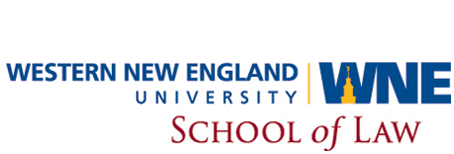Home > Student > Law Review > Vol. 41 (2019) > Iss. 2 (2019)
Abstract
Governmental transparency is among the most fundamental requirements of a democracy. This belief is the backbone of codes of ethics amongst both states and the federal government. Codes of ethics universally apply to state employees, as well as those attempting to influence policy. We call these influencers lobbyists. Every state regulates the actions of lobbyists. Some states have broad, sweeping language that requires lobbyists to report a great deal of information to the state, which is then made public to voters, while other states allow for express exemptions to keep certain actions out of the public eye.
Because the federal government does not provide many guidelines or restrictions on what can be included in lobbyist regulation, the states have free reign to regulate as they please. Pennsylvania, Maryland, Iowa, and Georgia have been able to include broad exemptions to lobbyist filing and disclosure rules for those lobbying on behalf of a religious institution. Other states, like Connecticut, have made no direct mention of religious organizations in their regulations, but have changed the rules to appease or benefit religious groups. These examples raise serious concerns about favoring religious speech over non-religious speech.
This Note argues for a more uniform method of regulation on lobbying, the goal being to avoid favoring religious lobbying over non-religious lobbying. The need for a more uniform method of regulation will be demonstrated by addressing serious policy concerns as well as applying principles of the First Amendment regarding both the Freedom of Speech and Free Exercise of Religion.
Recommended Citation
Nicholas Melvin Smith, FIRST AMENDMENT LAW—THE REGULATION OF RELIGIOUS LOBBYISTS: A SPIRITUAL BATTLE FOR THE SOUL OF DEMOCRACY, 41 W. New Eng. L. Rev. 333 (2019), https://digitalcommons.law.wne.edu/lawreview/vol41/iss2/5
